An art exhibit inviting viewers to reflect on the humanity of enslaved Africans being sold and transported as goods recently opened in Chapel Hill. The exhibit is called Cash Crop! and was created by Durham based artist Stephen Hayes. He says part of the inspiration for Cash Crop! came from not learning the whole story behind the transportation of Africans as goods and commodities in school.
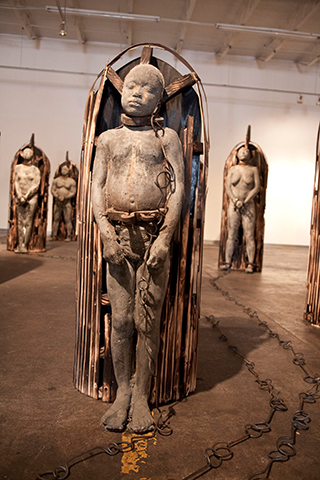
Cash Crop! exhibit. Photo via Town of Chapel Hill.
“We just went into the history of slavery and all the other histories, not the important history of how these people were shipped here,” says Hayes. “It was estimated that 15 million people were transported, so finding that information out that it was estimated that 15 million people were transported, I wanted to think about how that still happens today, how do we still benefit from the transporting of goods and commodities.”
Hayes debuted Cash Crop! in 2010, and since then it has been traveling to galleries all over the East Coast. The installation consists of 15 life-sized statues, all modeled after people the artist knows, chained to pallets to represent how goods are shipped.
Cash Crop! is one of several events taking place locally to commemorate the 400th anniversary of the first ship of enslaved Africans arriving in America. The Chapel Hill Public Library will also host the Hampton History Museum’s traveling exhibit 1619: Arrival of the First Africans. This exhibit details the journey of the first African slaves from their home in Angola to Virginia by way of Spanish slave ships.
Director of Chapel Hill Public Library Susan Brown says Hayes’ Cash Crop! installation fits perfectly with the installation at the library.
“To see these people at the same scale as you, and then in the very front of it he’s got two children,” says Brown. “It’s really, really powerful.”
The Chapel Hill-Carrboro NAACP and the Carolina Black Caucus will also be hosting a series of discussions at Epilogue Books to help contextualize the exhibits.
Cash Crop! will be featured at 109 East Franklin St through November 17, and 1619: Arrival of the First Africans runs through November 18. More information is available on the town’s website.
Related Stories
‹
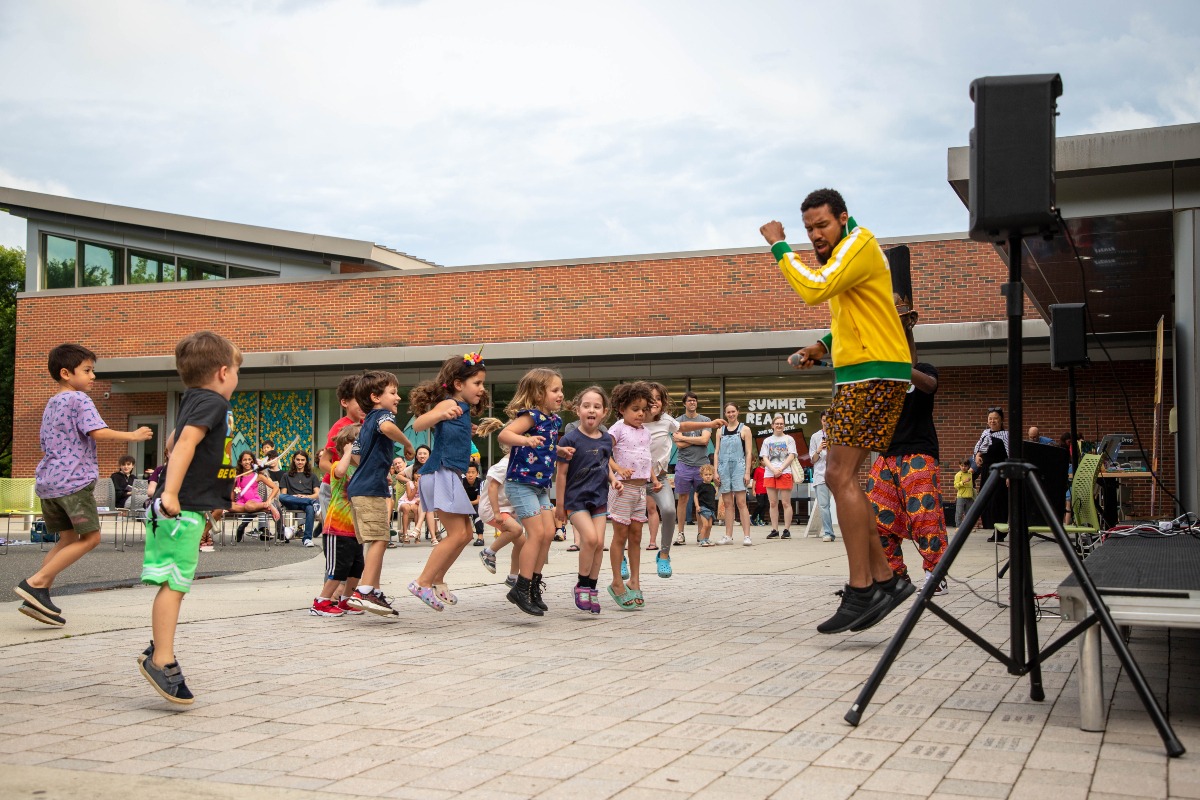
Our Town: The Story of Summer in Chapel HillThis month, Nikki Cherry and Karin Michel and from Parks and Recreation and the Library tell the story of making the summer season fun for kids and families in Chapel Hill.

Our Town: The Story of the Summer Youth Employment ProgramThis month, Zequel Hall, who leads the Town's Summer Youth Employment Program is joined by three of the Town of Chapel Hill's young employees, Carlos, Eman, Irene, and Malachi, to tell the story of the Summer Youth Employment Program.
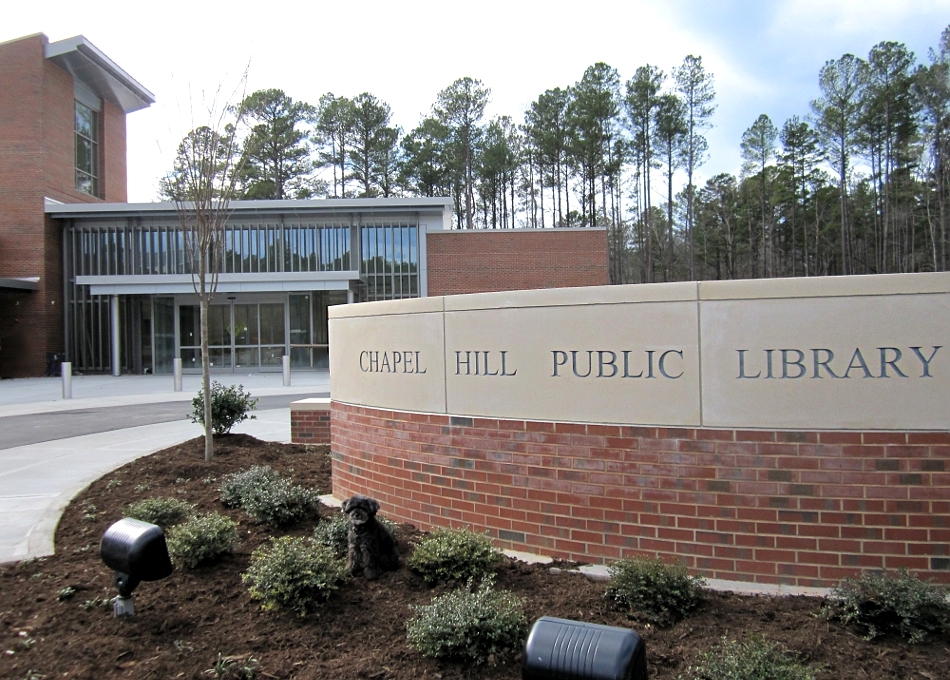
Thanksgiving Holiday to Affect Local Government Services in Orange CountyThanksgiving will fall on Thursday, Nov. 28 this year, and the holiday will affect several local government services around the Orange County community. Here’s a rundown of what residents can expect: Town of Chapel Hill Thursday, Nov. 28 and Friday, Nov. 29 are both town holidays. Residential trash collection will not be affected. However, there […]
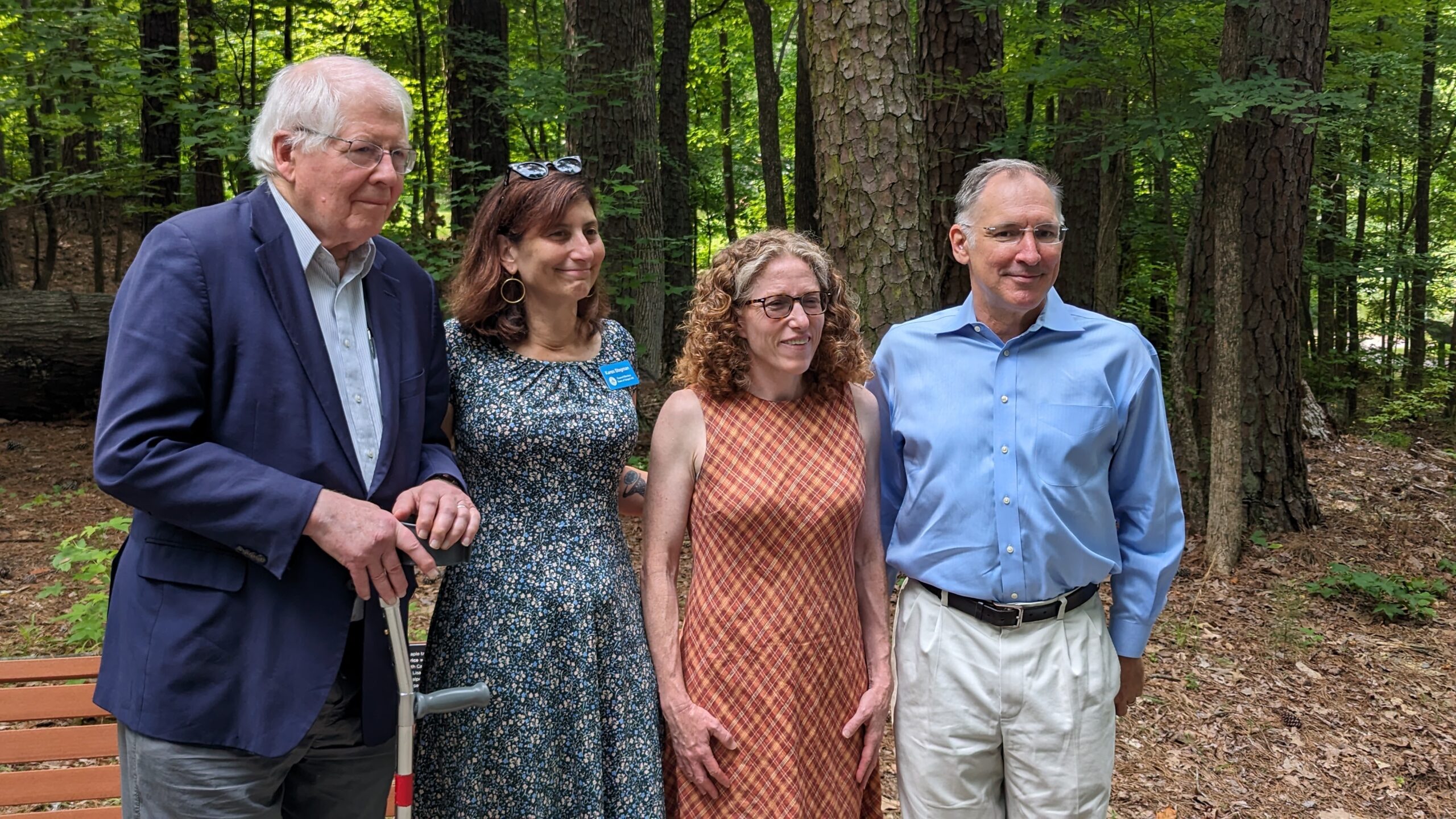
'A True Mentor': Lisa Price Honored by NCGV, Chapel Hill With Library Bench DedicationNorth Carolinians Against Gun Violence dedicated a bench at the Chapel Hill Public Library in honor of Lisa Price on Tuesday.

Mental Health, Infant Mortality and Environmental Racism: Takeaways From Orange County's Health Assessment DataEvery four years, the Orange County Health Department embarks on an intensive effort to gather wide-ranging, local health information in its Community Health Assessment, which happened in 2023. One month ago, the health department shared those results and data with residents. The health department published its public copies of the 2023 assessment after surveys, focus […]
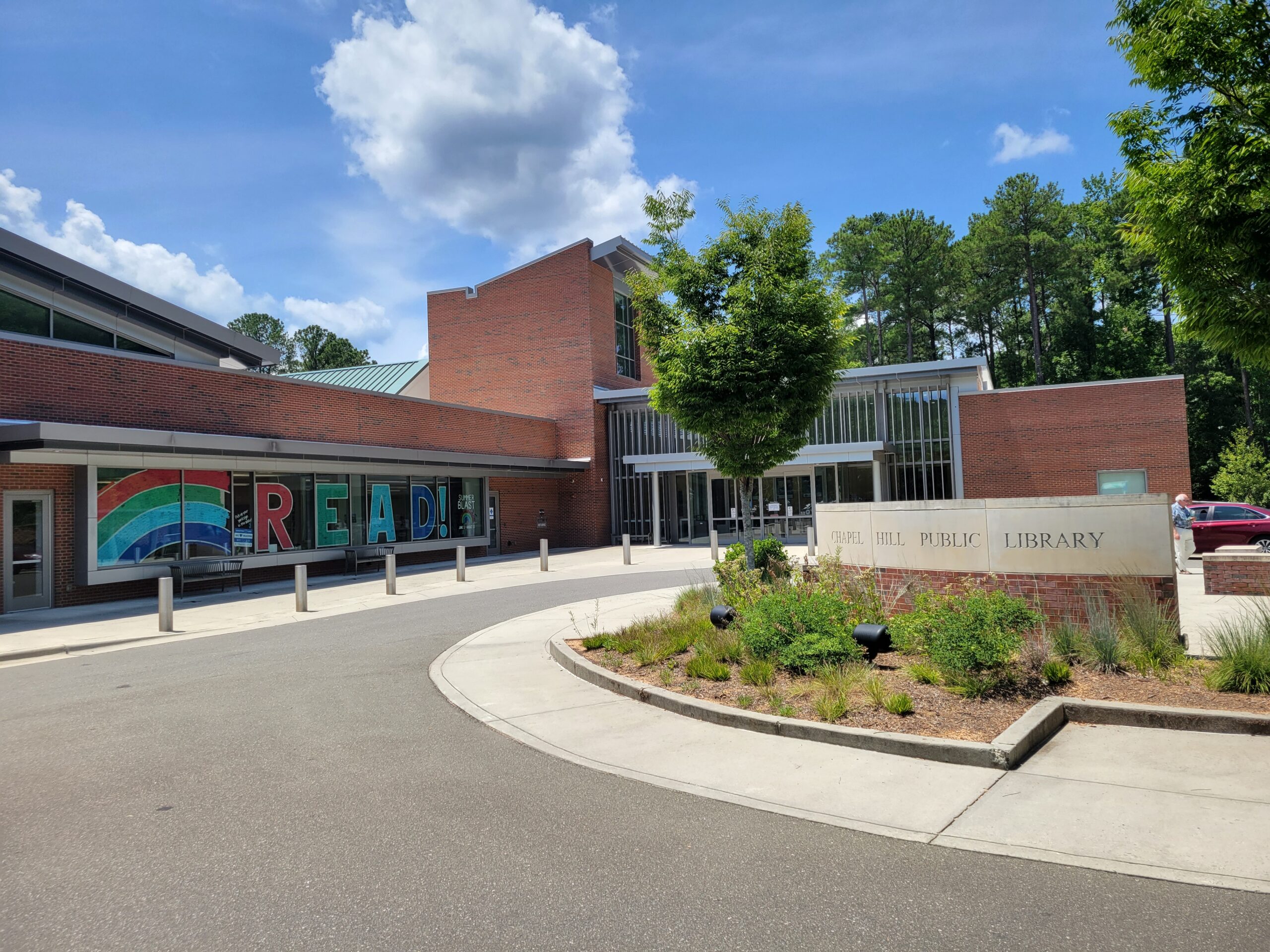
Chapel Hill Public Library Names Atlas Logan as New DirectorThe Town of Chapel Hill has selected Atlas Logan as the next director of the Chapel Hill Public Library and Chapel Hill Community Arts & Culture following a nationwide search. Logan’s tenure begins on April 29. “Working within the library allows me to spend my life in service to others by helping community members in […]

Easter Weekend to Affect Local Government ServicesThe observation of Good Friday on March 29 will alter several government services around Orange County. Here’s what residents can expect: Town of Chapel Hill Good Friday is an official town holiday. Residential trash collection will not be affected, but collection of yard trimmings, curbside recycling and commercial trash will not occur on Friday. Recycling […]
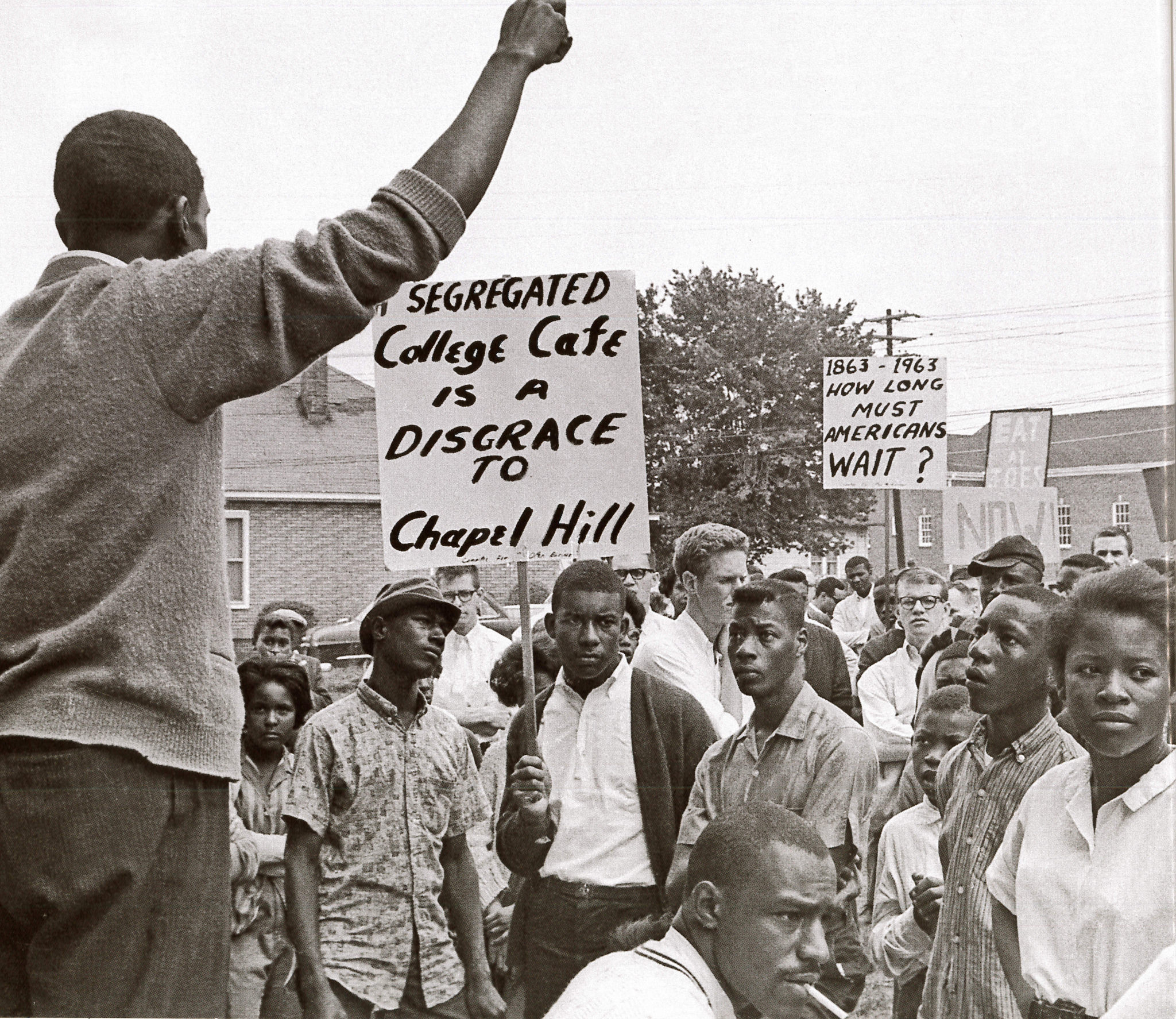
Orange County Local Governments Share Events for 2024 Black History MonthWith February here, the town governments of Orange County are sharing a variety of ways for community members to engage with Black History Month. The annual, month-long observance — made formal in 1976 — is recognized by Chapel Hill, Carrboro, Hillsborough and Orange County each year with resolutions or proclamations honoring it. Additionally, there are […]
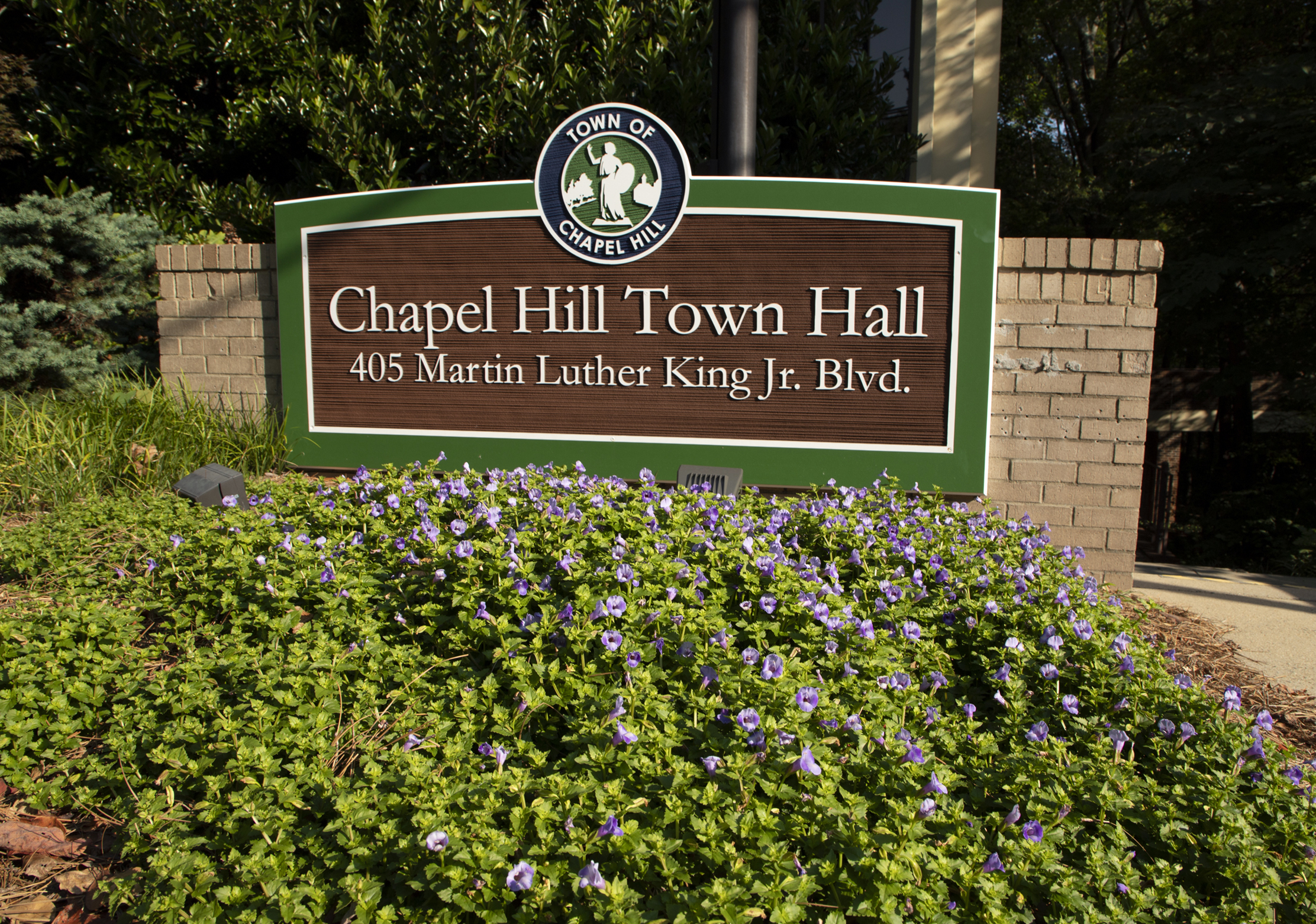
Local Government Closures for Martin Luther King, Jr. Day (2024)The observation of Martin Luther King, Jr. Day on Monday, January 15 will affect several local government services around the community. Here’s what residents can expect: Town of Chapel Hill Residential trash will not be collected. Monday’s routes will be serviced on Wednesday, January 17. Curbside recycling will also not be collected on Monday, with […]
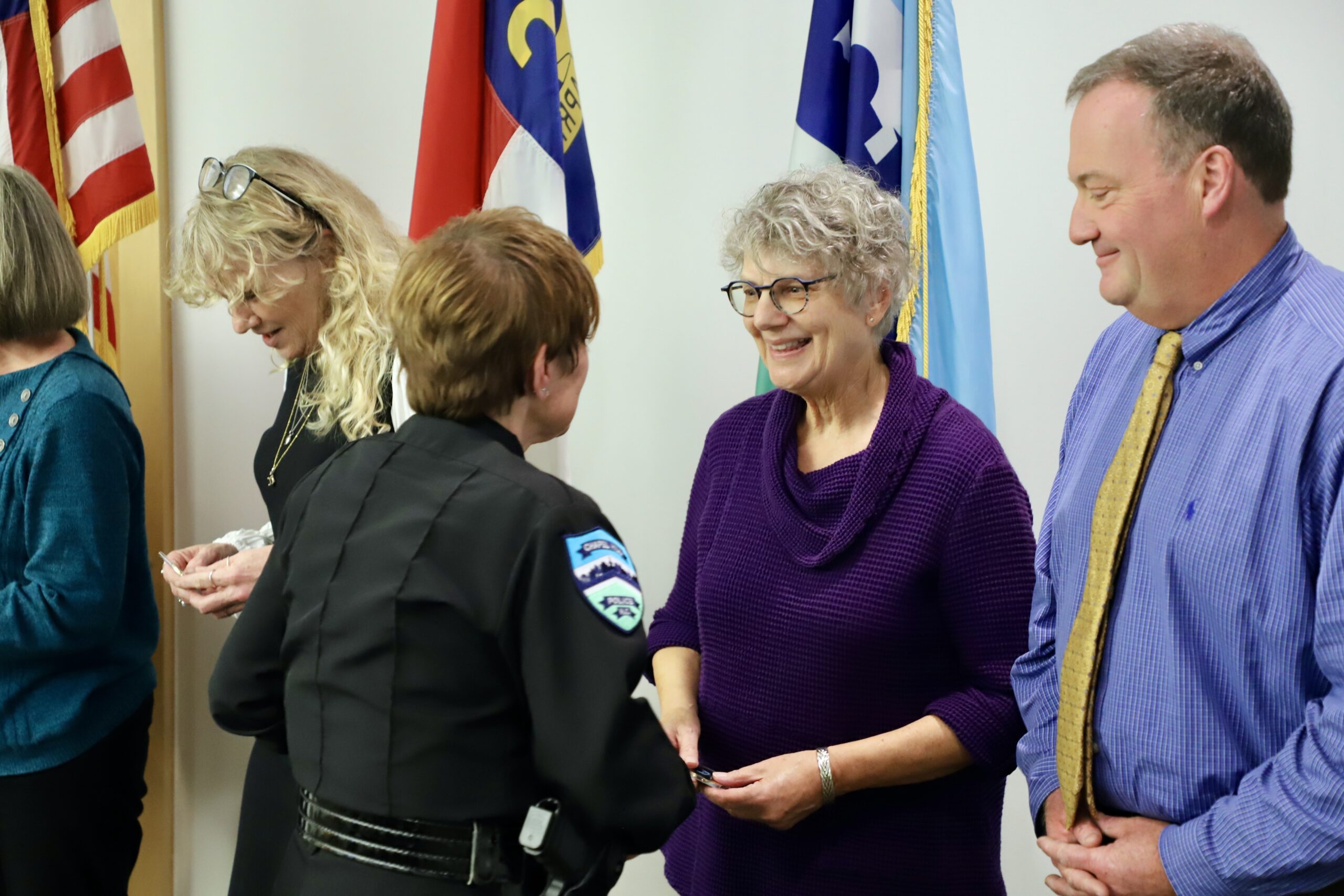
Chapel Hill Police's Crisis Unit Marks 50 Years, Honors Former and Current MembersCurrent and former members of the Chapel Hill Police Department's Crisis Unit recently gathered to honor its 50th anniversary in the town.
›











